Key Stage 2
The Key Stage 2 department follows Cambridge Curriculum Core subjects in English, Maths, Science and ICT along with the Foundation subjects of Art, Geography, History, Music and Physical Education. In addition to this, Islamic studies/Christianity, Arabic and Egyptian Social Studies are an important part of the curriculum and given appropriate emphasis as required by the Egyptian Ministry of Education.
1. ENGLISH
All Children have at least 2 lessons of English teaching every day. English is increasingly linked to learning in other subjects. Language development covers the following areas:
Reading
Spelling
Handwriting
Speaking and listening
Writing
2. MATHEMATICS
The Key Stage 2 department aims to develop the children’s mathematical skills, knowledge and confidence within the framework of Cambridge Curriculum. The curriculum consists of:
Classifying, matching, comparing and ordering. Decimals, fractions and percentages are also taught in later year groups. Algebra is covered at all levels, looking at patterns, sequences, rules and properties, variables and equations.
This area explores spatial awareness, looking at 2d and 3d shapes, symmetry, lines and angles. The measured units will look at length, area, weight, capacity, time and money.
This includes graphing, pictograms, and being able to record and interpret data in a real life context.
We encourage students to develop their mental Maths skills. Quick recall of basic number facts and multiplication tables will prepare students for the Maths lesson.
These areas do not stand alone and children are taught to see links between each area, using and applying previous skills in real life contexts. In the new curriculum, students are encouraged to use skills of problem solving and reasoning. There will be numerous occasions for Maths investigations to be carried out.
3. SCIENCE
The science teaching at HSE follows Cambridge Curriculum guidelines.
We aim to ensure that all students develop scientific knowledge and conceptual understanding through the specific disciplines of biology, chemistry and physics. We develop their understanding of the nature, processes and methods of science, through different types of science enquiries that help them to answer scientific questions about the world around them.
We aim to equip them with the scientific knowledge required to understand the uses and implications of science, today and in the future. Science is assessed half termly.










